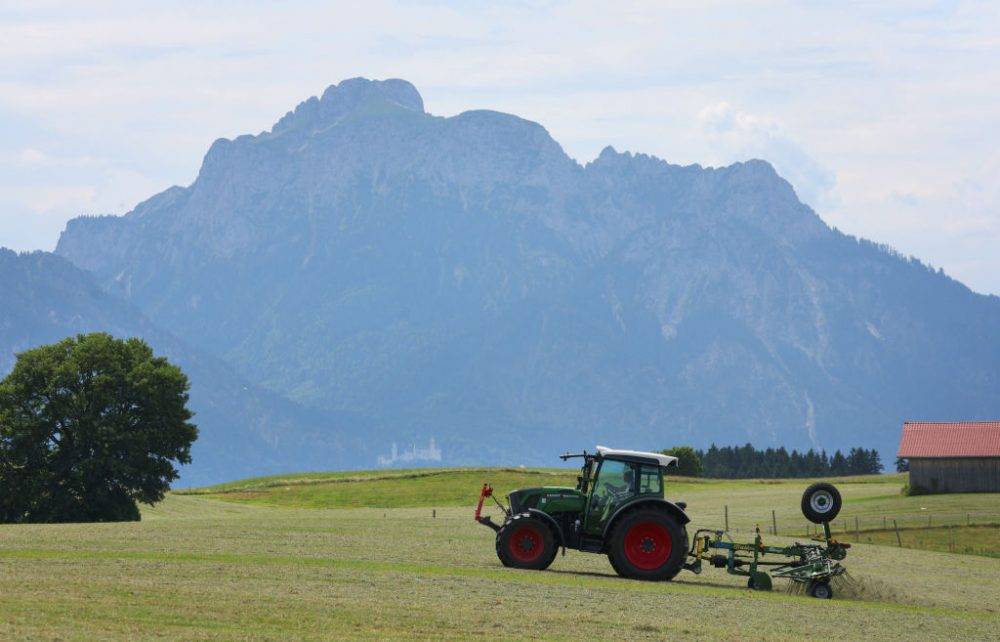
Farmers intend to plant 4.47 million hectares of summer grains and oilseeds in the season, up by 1% year-on-year. (File photo)
Agricultural analysts typically use three indicators to gauge the next season’s prospects when no other data provides valuable guidance.
They look at the weather outlook and commodity prices, which influence farmers’ decisions about how much area they can plant. For example, higher prices are always an incentive, especially when the weather is favourable.
The third indicator is tractor sales. Typically, higher sales signal optimism and farmers’ readiness for the next season.
An email from the South African Agricultural Machinery Association, which presented the country’s tractor sales for November 2024, reminded me of this.
The data showed that tractor sales were down 24% year-on-year, with 523 units sold. These weak sales are unsurprising and in line with the trend we observed for much of 2024 (see the chart).
To an occasional observer, the figures would seem worrying and perhaps suggest trouble for the season ahead. However, the data is not a concern for industry stakeholders and analysts because unique factors are behind the weak sales.
First, South Africa’s agricultural sector has had high machinery sales in the past three years (2020-23), supported by improved farmers’ incomes because of ample harvests and higher commodity prices. Thus, there was bound to be some correction period, leading to a moderation in sales.
Second, after a few good agricultural years, we struggled with a mid-summer drought in the 2023-24 season, changing farmers’ fortunes and worsening sales performance. Many farmers are under financial pressure because of the crop losses.
The drought led to a 23% decline in South Africa’s summer grains and oilseed production from 20,12 million tonnes to 15,40 million tonnes.
Finally, the relatively higher interest rates for much of 2024 added to the financial pressures in the sector, where farm debt is hovering at more than R200 billion.
New season outlook
My central point is that when one reads the news about the sales of agricultural machinery, there should be no reason to worry. This data is not necessarily a guide to the season we recently started but rather a reflection of the constraining factors in the previous season.
There is reason for optimism about the new season and the general mood in the South African agricultural sector is upbeat. The rain has been late in some regions and scant in others. Still, there is reason to believe agriculture will recover in the 2024-25 production season.
Farmers intend to plant 4.47 million hectares of summer grains and oilseeds in the season, up by 1% year-on-year. We will know next month if they have managed to plant this area.
We do know with some certainty that part of the crop might have been planted roughly a month later than the usual optimal planting window. Still, this is not necessarily a reason for concern, because we have had late seasons yielding decent harvests in the past.
Wandile Sihlobo is an agricultural economist.



